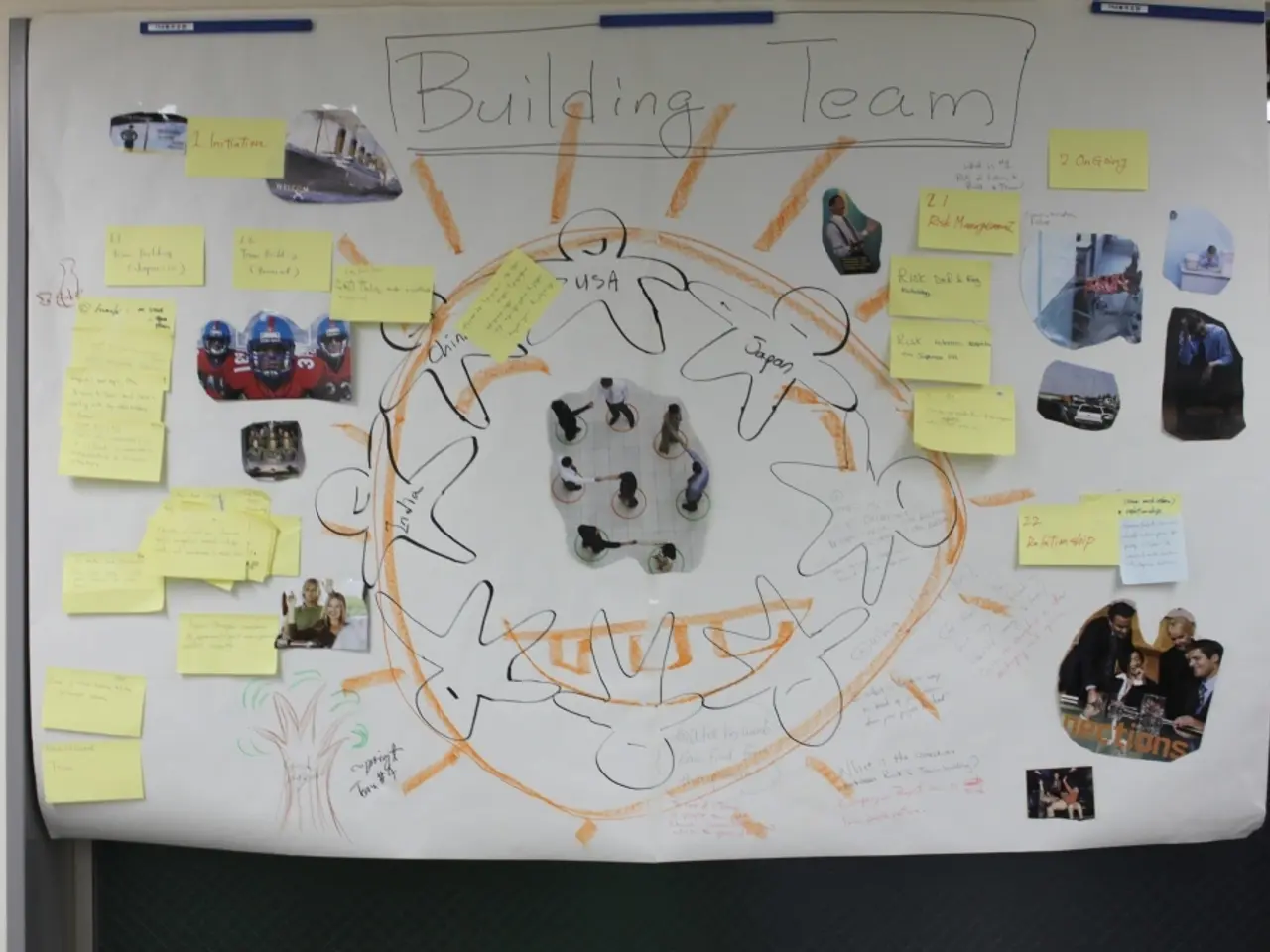Reducing Dementia Risk by Almost a Third Through a Specific Type of Brain Training Exercise
Speed of Processing Training Shows Promise in Reducing Dementia Risk
A groundbreaking study has found that a specific type of cognitive training, known as speed of processing training, can significantly reduce the risk of dementia. After ten years of follow-up assessments, this training was the only approach that showed statistically significant protection against dementia.
The study, called the ACTIVE study, enrolled 2,802 healthy seniors with an average age of 74. Participants were randomly assigned to one of four groups: memory training, reasoning training, speed of processing training, or a no-intervention control group.
The key to maintaining brain health might not be deep thinking, but fast seeing, or the ability to process visual information quickly. The speed of processing training focuses on improving the ability to absorb and respond to visual information quickly, even when distracted. The exercises focus on recognizing brief visual targets at high speed, dividing attention between multiple parts of the screen, filtering out irrelevant stimuli, and continuously increasing difficulty as performance improves.
The effectiveness of speed of processing training in reducing dementia risk over a decade, compared to memory and reasoning training, is linked to the nature of processing speed as a fundamental cognitive ability that supports many other mental functions. Processing speed underlies how fast the brain can handle information, which is crucial for daily functioning and higher-level cognition. It acts as a cognitive foundation — if speed declines, other cognitive functions tend to degrade more quickly as well.
Specifically, speed of processing training enhances mental quickness and accuracy, which improves overall brain efficiency and helps maintain cognitive health over time. Studies, including longitudinal research from cognitive aging trials, have shown that speed of processing training leads to lasting improvements in the ability to process complex information quickly, enabling better coping with everyday tasks and novel challenges.
The study's design is solid by public health standards, with a large sample size, randomized controlled setup, long-term follow-up, and clear differences between groups. However, critics question how such a brief training (ten hours) could generate effects that last a decade. If the results of the study are borne out in future studies, a 10% reduction in dementia risk across the population could have a monumental impact.
The risk of dementia was 29% lower for those who had undergone speed training compared to the control group. fMRI scans of people doing this training show increased activity in parts of the brain tied to attention, visual integration, and memory, even long after the training ended.
Programs modeled on the ACTIVE study, like the Double Decision module from BrainHQ, are among the few that match the training protocols used in the research. Researchers are working on personalized prevention plans, multi-domain intervention studies, early intervention models, next-gen tools, new cognitive targets, and more to prevent dementia.
A multi-dimensional strategy, including exercise, nutrition, social interaction, sleep, stress reduction, cardiovascular health, and targeted speed training, gives you the best chance of maintaining brain health. Dementia affects over 50 million people globally and the economic toll is expected to cross $2 trillion by 2030. This training aims to expand the "useful field of view" and sharpen the brain's ability to react quickly to visual stimuli.
In short, speed of processing training improves the brain’s ability to quickly and accurately manage information, which is foundational for cognitive resilience, making it more effective at reducing dementia risk long-term compared to memory and reasoning training focused on narrower skills. If future studies confirm these findings, speed of processing training could become a valuable tool in the fight against dementia.
[1] Reference for further reading on the topic.
- To optimize overall brain health, it's important to consider a holistic approach that includes not only mental-health exercises like speed of processing training, but also physical health and wellness, such as fitness-and-exercise.
- Apart from improving mental-health and reducing dementia risk, speed of processing training also enhances cognitive abilities associated with health-and-wellness, like quickness and accuracy, thereby promoting better coping with daily tasks and novel challenges.




